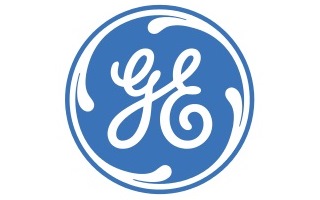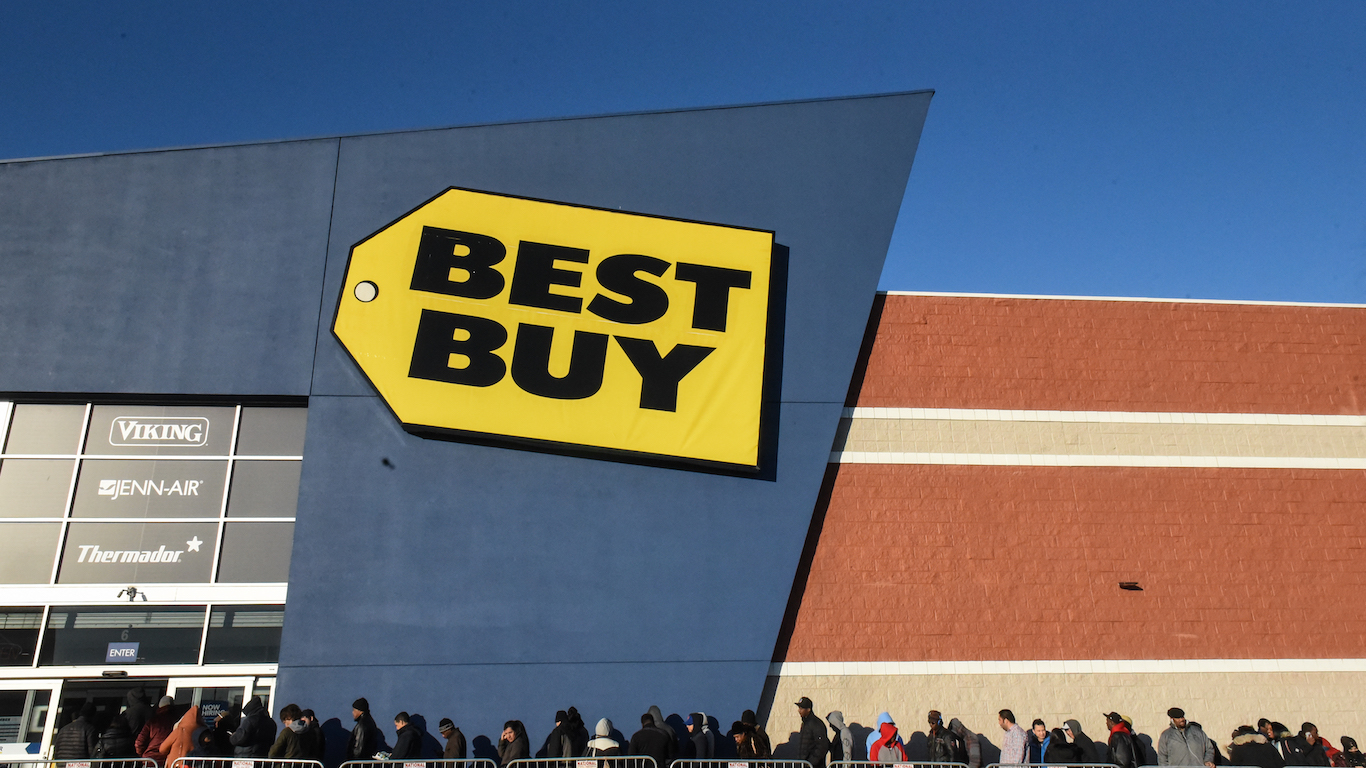General Electric Co. (NYSE: GE) has made final its telegraphed sale of the GE Appliances unit. The conglomerate announced that Electrolux is paying some $3.3 billion to acquire the unit. What investors and industry watchers will be considering is what this really means to GE.
For starters, GE entered into a long-term agreement with Electrolux that will allow for the continued use of the brand name. It seems that consumers will still see the GE logo or name on ovens, stoves, washers and dryers, refrigerators and more — but they will be from Electrolux.
Both boards of directors have approved this transaction but are awaiting the customary closing conditions and regulatory approvals. The deal is expected to close in 2015. GE already has shed its NBC Universal media unit and has already completed the first part of the GE consumer finance jettison with a partial IPO of Synchrony Financial (NYSE SYF).
READ ALSO: Big Insiders Buying Stocks Again to Accumulate Shares
This transaction is expected to further GE’s strategic focus on infrastructure and technology, in terms of reshaping of portfolio. The total deal is valued at 8.0 times EBITDA for the past 12 months. It would be an after-tax gain of $0.05 to $0.07 in per share at closing.
When we covered the rumor of a sale price being reached last week, it was rumored to be around $2.5 billion. The headline deal of $3.3 billion is better sounding on the surface. GE’s appliance unit is profitable, but its margins and how it is evaluated by outside investors are just not where Jeff Immelt and team need them to be. When we first saw that GE may be interested in selling, the appliances unit had close to $380 million of operating profit (see below), or only about 2% of the company’s entire profits.
24/7 Wall St. would caution readers that GE was looking to shed the century-old appliances unit before the recession in 2008. The appliances sale news first broke in July, and the company confirmed its interest in off-loading this unit in August. This may not be the fastest resale process, but it is far from the slowest for such a high-profile deal.
The big question remains: What does another $3.3 billion really mean for GE? The market cap is roughly $262 billion. GE’s total revenue in 2013 was $146 billion. Its most current annual report showed a combined revenue in Appliances & Lighting as $8.338 billion in 2013 and $7.967 billion in 2012, with the unit having $381 million and $311 million in segment profits for each year. The company’s total industrial segment revenue and income (including appliances) were $103.6 billion and $16.2 billion, respectively, in 2013.
Another issue is that GE’s 2013 annual report also said that the company’s portfolio goal was to be 70% in key infrastructure and 30% in specialty finance. The conglomerate also targeted a much leaner structure. Monday’s press release said that the sale will help GE to achieve 75% of earnings from its industrial business by 2016.
READ ALSO: 9 Analyst Stocks to Buy Under $10 With Massive Upside Potential
Chairman and CEO Jeff Immelt had this to say about the transaction:
This transaction is consistent with our strategy to be the world’s best infrastructure and technology company. We are creating a new type of industrial company, one with a balanced, competitively positioned portfolio of infrastructure businesses with strong advantages in technology, growth markets, driving customer outcomes, and a culture of simplification.
GE shares were up marginally in early trading Monday morning from the $26.10 closing price on Friday. The stock has been stuck around the $26 mark since mid-August, and its 52-week trading range is $22.96 to $28.09. The consensus analyst price target is now $29.80.
Cash Back Credit Cards Have Never Been This Good
Credit card companies are at war, handing out free rewards and benefits to win the best customers. A good cash back card can be worth thousands of dollars a year in free money, not to mention other perks like travel, insurance, and access to fancy lounges. See our top picks for the best credit cards today. You won’t want to miss some of these offers.
Flywheel Publishing has partnered with CardRatings for our coverage of credit card products. Flywheel Publishing and CardRatings may receive a commission from card issuers.
Thank you for reading! Have some feedback for us?
Contact the 24/7 Wall St. editorial team.



